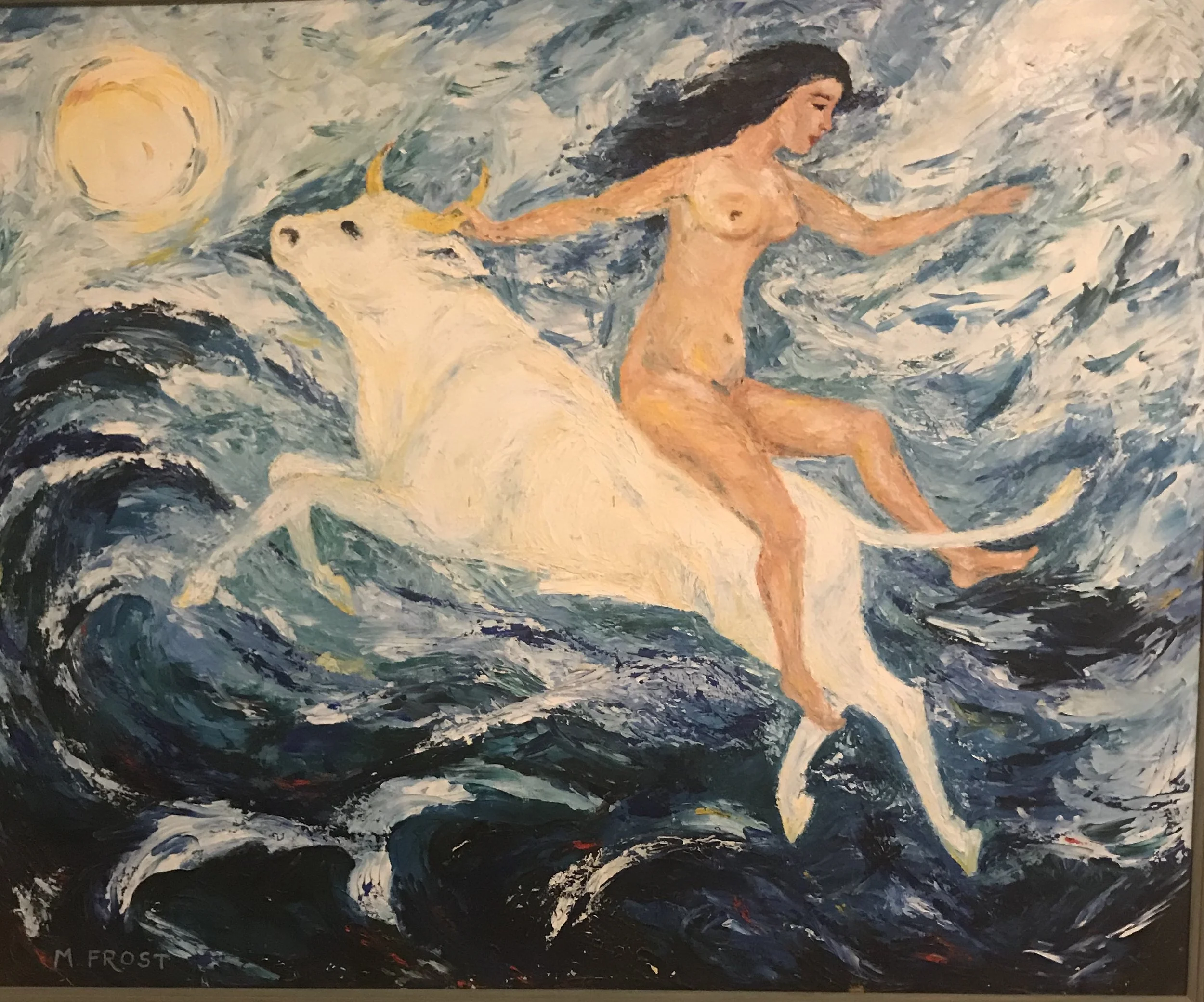
Stories that Charm

JKForward is a writer and podcaster of short stories and other pearls that charm.
Podcast Episodes
It is early in 1943, and the girls know that their last letters to each other have not reached their destinations due to mail censorship. They write hopefully now, counting on their letters arriving this time, due to a plan of Maude and her sailor sweetheart Jackie.
Marguerite writes in December 1941. Pearl Harbor has been attacked by Japan. The U.S. is now at war with Germany and Italy as well as Japan because of the tripartite pact. A few weeks later, Maude writes, describing American GIs arriving in England. The girls describe the rationing going on in each country they live in and Marguerite the luxury of buying new clothes.
It is the start of 1941, and Marguerite writes to Maude, describing her shock at the news of the bombing of England, and ending her letter with a request from her friend for advice on how to write a letter to her former boyfriend in Costa Rica. Maude reports that the arial bombing in England is mercifully in hiatus. She describes the destruction in Liverpool, but also looks hopefully to the future.
Marguerite writes of starting at the Quaker Friends School that she is attending in Baltimore while living with her Uncle Owen and Aunt Eleanor. Meanwhile, life is much more tense across the ocean. The London blitz that began in September 1940 intensifies and other cities are bombed including Coventry, and Liverpool where Maude lives. She writes to Marguerite of the night she was caught out in the August 28 bombing.
Marguerite has returned to the United States and is spending the summer in Hanover, New Hampshire with her grandparents before starting her senior years of high school in Baltimore. Maude writes that on July 10, the Battle of Britain had begun: aerial warfare between the RAF and the German Luftwaffe across southern England. A few days after Maude’s letter, the first air-raid and bombing on Liverpool would occur, on August 28, 1940.
Marguerite writes on her 16th birthday, April 26 1940, that her parents plan to send her back to the United States for her education. Maude describes rationing in England, convoys of merchant ships like the one Jackie sails on, an encounter with Will Hall, and the miracle of Dunkirk. France is about to fall.
Maude and her sister have returned to Liverpool, as have many other child evacuees, as the ‘Phoney War’ continues. Maude meets Jackie, the older brother of Eula’s friend Eileen. He is a seaman in the Merchant Navy, helping to bring essential supplies to Britain. Maude learns that she believes in love at first sight.
Maude writes again from Rose Cottage in Wales, and of her experiences of being an evacuee and living and working on the farm there. Marguerite’s world, in comparison, seems carefree. We hear from her via her diary, where she pours out her heart about friends and boys. The seasons are changing in Costa Rica; she feels homesick for Hanover and re-reads old letters from her father.
War is declared between Germany and England. On this day, Marguerite, in Costa Rica, writes thoughtfully in her journal. Maude, from England, writes of being evacuated to the countryside of Wales.
BackStory
Will Hall has been in the RAF and training for a year, ‘chaffing at the bit for action’, but having just been moved from pilot to navigator training and sent to Moncton, Nova Scotia.
Mail would arrive that had been opened and re-sealed and marked by an examiner or censor handstamp. (All of the envelopes of the letters sent between my parents during the war had these stamps, showing they had been opened and read). The letters inside might have words blacked out if the censor had suspicion about what was being said.
Rationing was necessary in large part because of the difficulty of importing and exporting by sea. Also, many materials, including food, was a priority for the military. The Japanese capture of the principal rubber-producing areas of the Far East eliminated the sources of 90% of the world’s natural rubber, which in those days all tires were made of. In the US, rationing of materials for clothing was less severe than in England. Marguerite was very lucky to be able to get clothes for her college wardrobe.
Stories
Their pale faces freckled beige by age and damp, their petals unfurling under the weight of raindrops…. I remember their June colours, as fresh as off the tips of paintbrushes…
Every inch of elastic claimed for uniforms; the steel of safety pins, along with the tin foil wrappers from cigarette boxes, collected and donated for propellers and the hulls of ships – how was girl to hold up her knickers?
Flash Fiction
…parked on Sasamat street off of West 10th Ave, would be the bubble gum-pink bookmobile…
Ekphrasis
Silk kimono and uchikake rustle and billow as the women settle onto the floor.
In the painting is Zeus, transformed into a white bull, having abducted fair Europa, and he is transporting her across the Aegean Sea to the isle of Crete where he will ‘have his way with her’. In a similar yet very different story, Marguerite crossed the Atlantic Ocean (on a converted troop ship in 1947) to meet my father after two years apart and to decide whether or not to marry him.























In this, the final episode of Fondly yours…, Marguerite is unaware that her last letter to Maude, which was to have been hand-delivered by Jackie, was never received. We find out why as we listen to Jackie’s mother Rose. Marguerite writes in her diary about meeting Bill at Miss Ely’s USO.